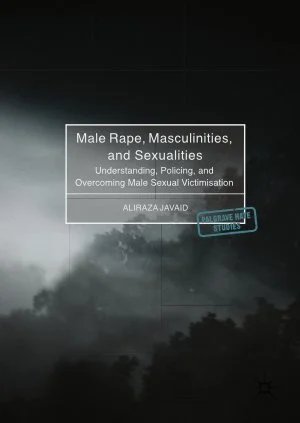By ALIRAZA JAVAID
On an unimaginable, uncertain and unpredictable night, I was alone after a night out, floating aimlessly when really I should be getting home, to sleep and to experience the dreaded hangover the next day: but no, something kept me lingering on after the night out fuelled with alcohol and excitement. I was drunk. There was just one thing on my mind and that was finding love; I was still embedded in naivety, even at the age of 20–21, which was how old I was when my selfish offender raped me. When I was lingering on while people on the night out had started to disperse into their own ways, getting taxis to go home alone or with strangers for casual sex, I was looking for something or should I say someone, someone with whom I had previous sex with. Him and I had sex twice before. I wanted to see him again for the third time, as I was thirsty for some more sex. I fancied him. I lusted over him. I wanted to fall in love with him, but he just wanted to penetrate me and then to leave me, like all men. I never gave up trying to fall head over heels for him, though, so I went to see him after the night out; it was not dark as such, the light started to shine. While I was intoxicated, I made my way to his flat. Eventually, he came downstairs to get me after he was sleeping.
Palgrave Macmillan, 2018, 302p.




